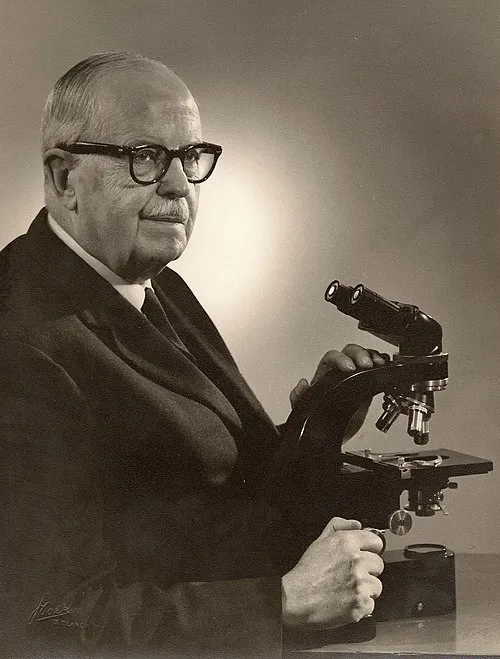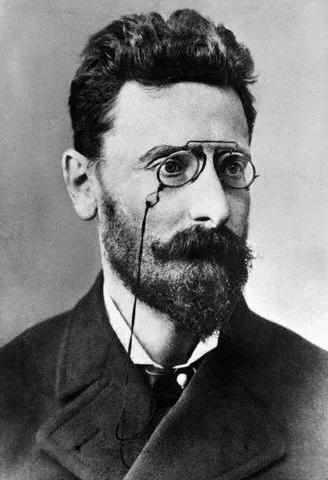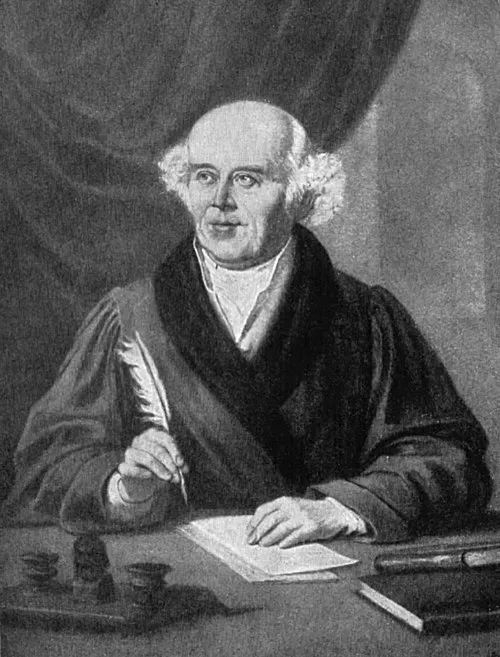
Full Name: Bernardo Houssay
Birth Year: 1887
Death Year: 1971
Nationality: Argentinian
Profession: Physiologist and academic
Nobel Prize: Nobel Prize laureate
1887 – Bernardo Houssay, Argentinian physiologist and academic, Nobel Prize laureate (d. 1971)
In the vibrant heart of Buenos Aires, 1887 marked the beginning of a journey that would transcend borders and redefine our understanding of physiology. Bernardo Houssay was born into a world ripe with potential a tapestry woven with the threads of scientific exploration and cultural renaissance. However, his early life was far from easy. Raised in a modest family, Houssay quickly became aware that ambition and intellect were not enough; he would have to navigate the intricate pathways laid out by both society and academia.
From an early age, it became evident that Houssay possessed an insatiable curiosity. His childhood years were spent immersed in books rather than frivolities typical for boys his age an ironic twist considering how many young minds would prioritize play over knowledge. Perhaps it was this deep-rooted desire to understand life’s mysteries that drove him toward medicine as a discipline. At just 17 years old, he began studying at the University of Buenos Aires, where he quickly distinguished himself as a prodigious student.
Yet, this upward trajectory was met with challenges the kind that test one's resolve. Upon graduating in 1910, Houssay faced significant barriers within Argentina’s academic environment dominated by older scholars resistant to change. Despite this resistance, he persevered; his passion for physiology burned brightly even amid discouragements from some contemporaries who deemed him too radical for their traditional views.
His breakthrough came when he ventured into hormone research a field still shrouded in mystery at the time. Through tireless experimentation involving the role of pituitary glands on metabolism he began to unravel secrets long buried beneath layers of misunderstanding within biological science! The pivotal moment arrived when he discovered how these glands regulate blood sugar levels through hormones like insulin his findings established foundations for future research on diabetes treatment!
This discovery did not occur overnight! Each experiment painted a clearer picture but also demanded resilience against setbacks ironically mirroring life's unpredictability itself! As colleagues slowly began to recognize his groundbreaking work, doors opened wider than before but they also brought new expectations!
Fast forward to 1947: Houssay stood upon an international stage before an audience filled with fellow scientists eager for knowledge but uncertain about its implications! He delivered profound lectures highlighting complex relationships between metabolic processes which shed light on human health and suddenly found himself crowned with honors befitting a titan among men: The Nobel Prize in Physiology or Medicine!
This accolade served not merely as recognition it symbolized something deeper! It represented decades spent navigating intellectual landscapes rife with both camaraderie and rivalry while remaining steadfastly devoted towards uncovering truths hidden within living organisms! Ironically enough though even after achieving such heights… there lay burdens carried silently behind closed doors.
Early Life and Education
Houssay was the son of a prominent Catalan immigrant, and from an early age, he exhibited an intense curiosity about the natural world. He enrolled at the University of Buenos Aires, where he studied medicine. His academic prowess became evident early on, as he quickly gravitated towards research, which set the foundation for his future triumphs in physiology.
Scientific Achievements
In 1920, Houssay made a groundbreaking discovery regarding the role of the pituitary gland in regulating blood sugar levels. Through meticulous experimentation, he demonstrated the relationship between the pituitary gland and the metabolism of glycogen, a precursor to glucose. This work was significant, not only for its scientific value but also for its implications in understanding diabetes.
Houssay's pioneering research laid the groundwork for subsequent studies in endocrinology, leading to advancements in the treatment of diabetes. His findings emphasized the importance of hormones in bodily functions and shifted the paradigm in how scientists understood metabolic processes.
Nobel Prize and Recognition
In 1947, Houssay was awarded the Nobel Prize in Physiology or Medicine for his discoveries concerning the role played by the hormones of the pituitary gland in regulating sugar metabolism. This honor not only recognized his individual contributions but also brought international attention to Argentinian science.
Houssay continued to influence the scientific landscape for decades, serving in various academic and research positions. He played a crucial role in establishing the Argentine Association of Physiological Sciences and the National Research Council of Argentina (CONICET), fostering the growth of scientific research in Argentina.
The Shadow Behind Success
Despite incredible achievements illuminated by accolades like those bestowed upon him during prestigious ceremonies… whispers emerged from shadows surrounding his personal life a constant ebb-and-flow between triumphs celebrated publicly yet tinged privately by struggle after struggle faced throughout years accumulating wisdom gained through tears shed over failures experienced along this arduous path!




